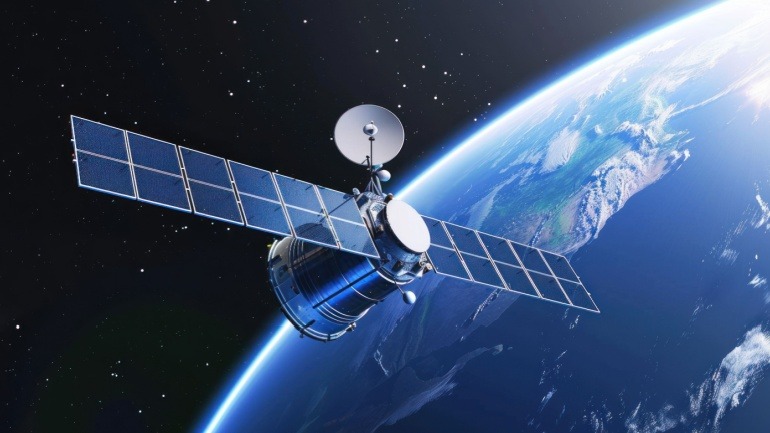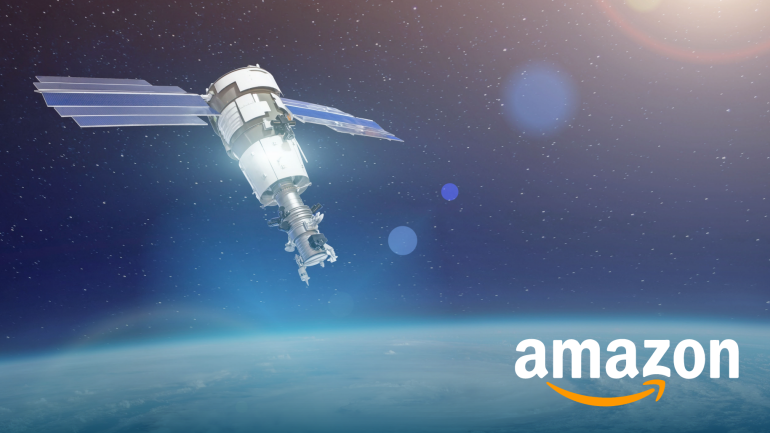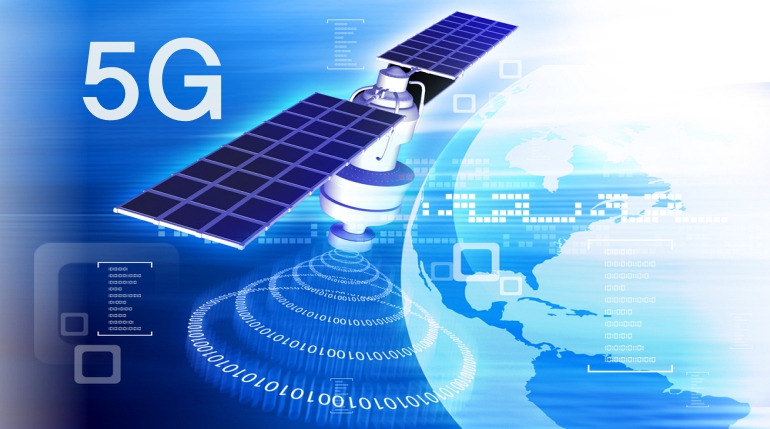The launch of a data center into Low Earth Orbit by UAE’s Madari Space promises to revolutionize satellite data processing, offering real-time capabilities previously unattainable. As the demand for efficient data management grows, this innovation opens new doors for satellite operators.
Colt Technology Services has launched Managed LEO+, a cutting-edge solution combining LEO satellite connectivity with 4G and 5G. Now available in 65 countries, it ensures resilient digital infrastructure for businesses in remote areas.
The UK government is launching three innovative satellite projects to improve broadband access in remote areas. Combining LEO and GEO technology, these initiatives target isolated regions like Rathlin Island and Papa Stour.
Virgin Media O2 Plans Job Cuts Virgin Media O2 is reportedly planning job cuts, with anywhere between 800 and 2,000 jobs at risk of elimination. The company has rescheduled an imminent pay rise for staff to avoid including it in redundancy packages. This news disappoints staff who were led to believe they would have the opportunity to transfer to different departments, but anonymous sources suggest suitable alternative roles may not be available. The job cuts are part of the ongoing integration process between O2 and Virgin Media, following their merger in 2021, and are expected due to real estate consolidation and eliminating overlapping roles, common methods in mergers. Read the full article T-Mobile and Bellevue Pilot Road Safety Tech T-Mobile US and the city of Bellevue, Washington, are partnering to pilot Cellular Vehicle-to-Everything (C-V2X) technology, aimed at enhancing road and pedestrian safety through real-time information. T-Mobile will provide 5G connectivity,…
Amazon, the multinational technology company, has received the approval from America‘s Federal Communications Commission (FCC) to deploy 3,236 internet satellites into low Earth orbit (LEO) and to provide the US with satellite-based broadband services. The project, named Kuiper, was first announced last spring with the intent to build a LEO satellite constellation that would have the potential to provide cost-effective broadband services to unserved and underserved communities around the world. A project of this magnitude requires a great amount of resources, therefore Amazon will invest more than $10 billion in the project. This investment will not only provide broadband services, but will also create workplaces and infrastructure around the United States. Dave Limp, senior VP at Amazon, commented: “There are still too many places where broadband access is unreliable or where it doesn’t exist at all. Kuiper will change that. Our $10 billion investment will create jobs and…
Global satellite operator Telesat, the Vodafone Group and the University of Surrey in the UK, have successfully accomplished the world’s first 5G backhaul demonstration deploying a Low Earth Orbit (LEO) communications satellite. This successful trial demonstrates that LEO satellites are able to provide efficient backhaul transport channels for mobile network operators (MNOs), including for 5G advanced services. During the live test conducted by these partners in April, Telesat’s Phase 1 LEO satellite was connected to the University of Surrey’s 5G testbed network, with the support of specialist Vodafone engineers. Vodafone also provided some funding and arranged licensing for the demonstration system. John Miller, Head of Satellite Engineering at Vodafone, said: “The use of LEO satellites provides an additional mobile backhaul option and can be an important part of the delivery system particularly to customers in our markets who live in rural areas.” Professor Barry Evans, University of Surrey, said: “The University of Surrey is very…









